Barzakh: The Magical Realism Of Asim Abbasi's Fawad Khan-Sanam Saeed Series
Cake, Churails and Count Abdullah director Asim Abbasi speaks with Manik Sharma about the making of his new magnum opus, Barzakh
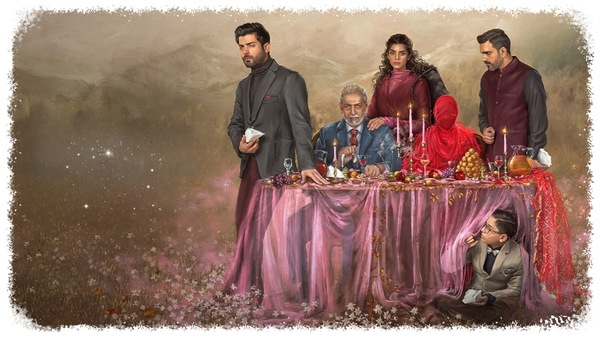
Last Updated: 07.19 PM, Jun 26, 2024
This interview was originally published as part of our newsletter The Daily Show on June 26, 2024. Subscribe here. (We're awesome about not spamming your inbox!)
***
“I REMEMBER LAUGHING when my producer said ‘Should we take this to Fawad?’. I was like — ‘Why would he do it!’,” Asim Abbasi, the director of Zee Zindagi’s (ZEE5) new show, Barzakh, says on a call from Karachi. Early impressions indicated Barzakh would be a goofy yet dark exploration of myths, love and identity set in the stunning Hunza Valley of Pakistan. The setting feels exotic, the milieu eclectic and fascinating. But the brightest light is clearly Fawad Khan, returning to Indian screens almost a decade after he quietly left. “I have never really done single-actor films or shows. I work with ensembles. So I had this preconceived notion that Fawad would not want to do this. But the way he humbly and committedly embraced the project was, given his stature, quite incredible,” the director says.
Abbasi spent almost a decade working in the banking sector, before turning to filmmaking in 2010. Brought up in the UK, his first few short films were set within the diaspora. By 2016, Abbasi set his eyes on returning to Pakistan where his breakthrough film Cake (2018) would eventually play out as a commentary on unpleasant homecomings. More than the direction, however, it’s probably his terse, provocative writing that has found fans in the Indian subcontinent.
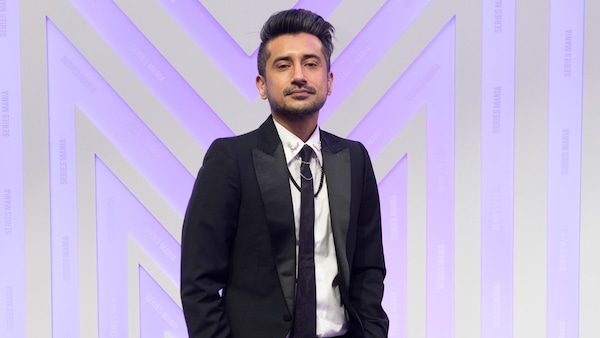
Things hit a new high with Churails, a rip-roaring satire on feminism set in modern Pakistan, which was released during the first wave of the pandemic. “I think the show took everyone by surprise. It’s hard to measure love when something is on streaming, but the inclusivity of the show, its wide focus on queer stories, got me a lot of personal appreciation,” Abbasi says. Numbers were never quite the metric, Abbasi adds, but when people came out to their parents after watching the show, it certainly felt like vindication.
Most of Abbasi’s work carries a firm, yet playful streak of feminism. Both Cake and Churails were largely led by the kinds of female characters who aren’t exactly welcome in the subcontinent as ideas, let alone as fully fleshed out, flawed human beings. “I have always been aware that I’m a man writing these female characters. So I made sure I brought together a team that was as inclusive and diverse as possible. You also need to accept that you won’t ever know everything. I’m only just learning what white feminism looks like in comparison to our own,” he says.
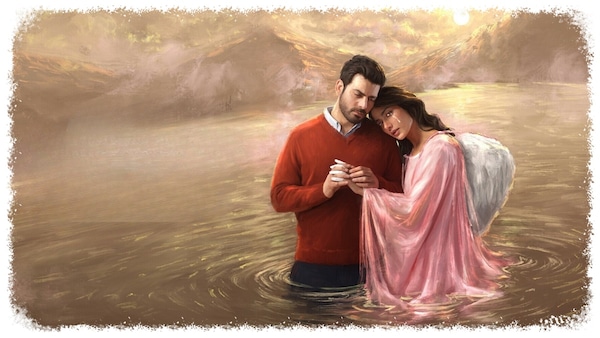
Not only does Abbasi’s sharp writing and wit match up to his ambitious directorial style, but also he operates in both the European market and what can be termed — thanks to the endeavours of Zee Zindagi — as a sub-continental space. Last year, Abbasi directed Count Abdullah, ITV’s horror-satire about the Pakistani immigrant experience in the UK.
But while the director’s work has always upped the ante against deeply entrenched patriarchal codes — a characteristic that makes his stories easily transferable to our side of the border, this time round Abbasi sets his gaze on the men of the house. “I wanted to shift gears and observe masculinity for a change. I wanted to do a family drama, but present it in a manner that has never been attempted on TV. It’s big and bold in every sense,” he says.
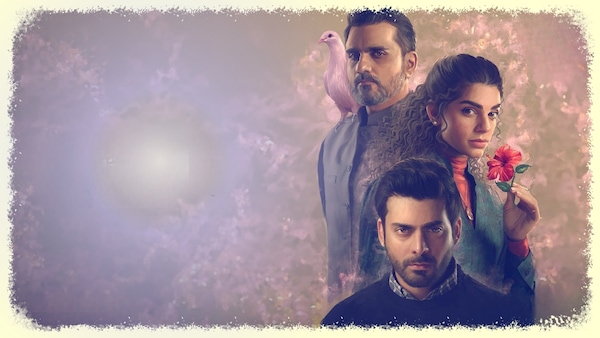
Barzakh, which roughly translates to ‘obstacle’, is set in the hills where a septuagenarian invites his estranged children to witness his marriage with the ghost of his former true love. Even in terms of premise and promise, this sounds kooky and wicked enough to draw comparisons with the absurdity of a Lanthimos or magical realism of a Marquez. “I understand the literary significance of ‘magical realism’ and it’s really my intention to present this story in a similar vein. Which is why it's set in the mystical hills, where superstition, occults, myths and shamans provide a lot of the texture for a story about family and self-discovery,” he says.
To think that Asim Abbasi is about to unleash his ‘boldest’ project yet, is to both anticipate and dread its becoming. The longitudinal divide notwithstanding, Churails cut across the heart of the continent, like a blade willing its way through cheese. Add to the promise of myth and mystery, the tantalising prospect of watching Fawad maybe shedding his star aura, and Barzakh already feels like the hottest story in what has been a lukewarm year for Hindi cinema and streaming.
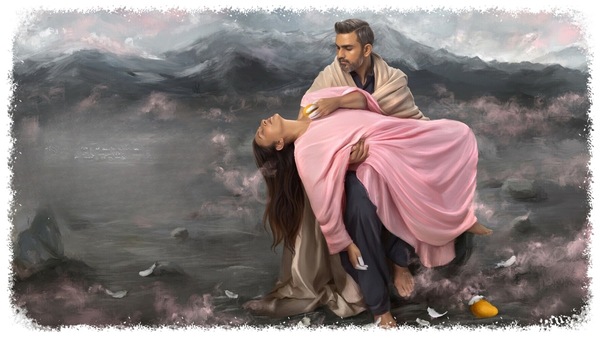
To which effect, if there was ever a Parasite-like subcontinental moment, it is perhaps needed now more than ever. But how can we go about building one? “There are no clear answers to it,” Abbasi says. “I think part of it is to do with creative freedom. The more you allow space for stories to be told, the more you’ll see our films on the global circuit. At least I have struggled with this in Pakistan. We don’t have facilitators. We either have businessmen or corporates, people who only want to make commercial successes but not enough institutional presence to shoulder and support independent cinema. We have broken a jinx with Joyland and All We Imagine Is Light, but there is still a long way to go.”

 Premium
Premium